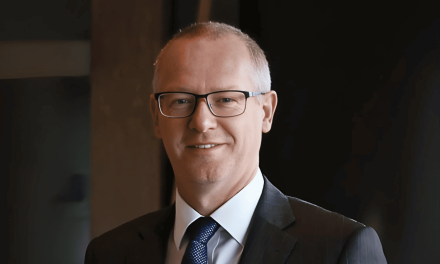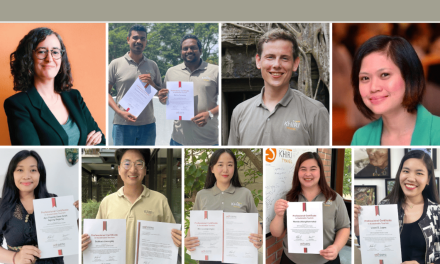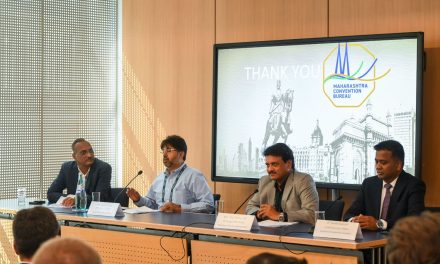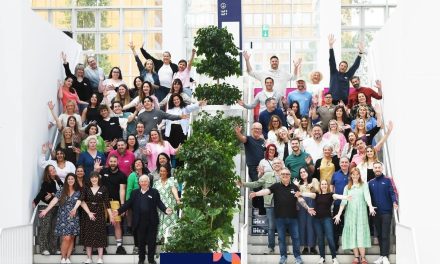Professionalization. Britain’s newly-created Institute of Event Management has launched a special sponsorship programme inviting everyone with a professional interest in the sector to support the Institute’s ambitious development programme. It offers individuals and organisations the opportunity to become a founding sponsor of the Institute with four levels of sponsorship ranging from £1,000 to £10,000 featuring up to seven forms of PR and profiling that will all carry a global reach.
The aim is to raise £150,000 for Year One to create a comprehensive professional framework dedicated to giving individuals who work in, or wish to work in, the Meetings and Events Sector the opportunity to gain professional recognition and enhance their profile, skills and knowledge. The Institute has already gathered enthusiastic support from a range of universities, venues, trade shows, industry journals and organisations including People 1st Sector Skills Council for the Events Industry, BVEP, the DCMS and Visit England.
News about the sponsorship programme will form the cornerstone to a keynote session taking place at International Confex at Olympia, London, on February 19. Speakers are expected to include Nick de Bois, Chair of the APPG for Events, Martin-Christian Kent, Director of Policy and Research with People 1st, the Sector Skills Council for Events, Stephen Studd a Director with EOSE, plus Susan Spibey, IEM Executive Board Chair.
Susan Spibey said: “Many facets of our working lives – from accountants to doctors, lawyers to teachers – have been professionalised over many decades, centuries even. In comparison ‘event management’ is still in its infancy. The meetings and events sector has mushroomed over the last three decades without a formal structure or a plan for professional development. Over the past ten years more than 40 universities have developed a vast range of courses in event management with a further 20 devising a variety of applied courses, all operating without a clear strategy for continuing professional development.
“We hope the IEM can harness all of this interest in our sector and provide a co-ordinated structure that has the potential to professionalise our profession,” she added.




















